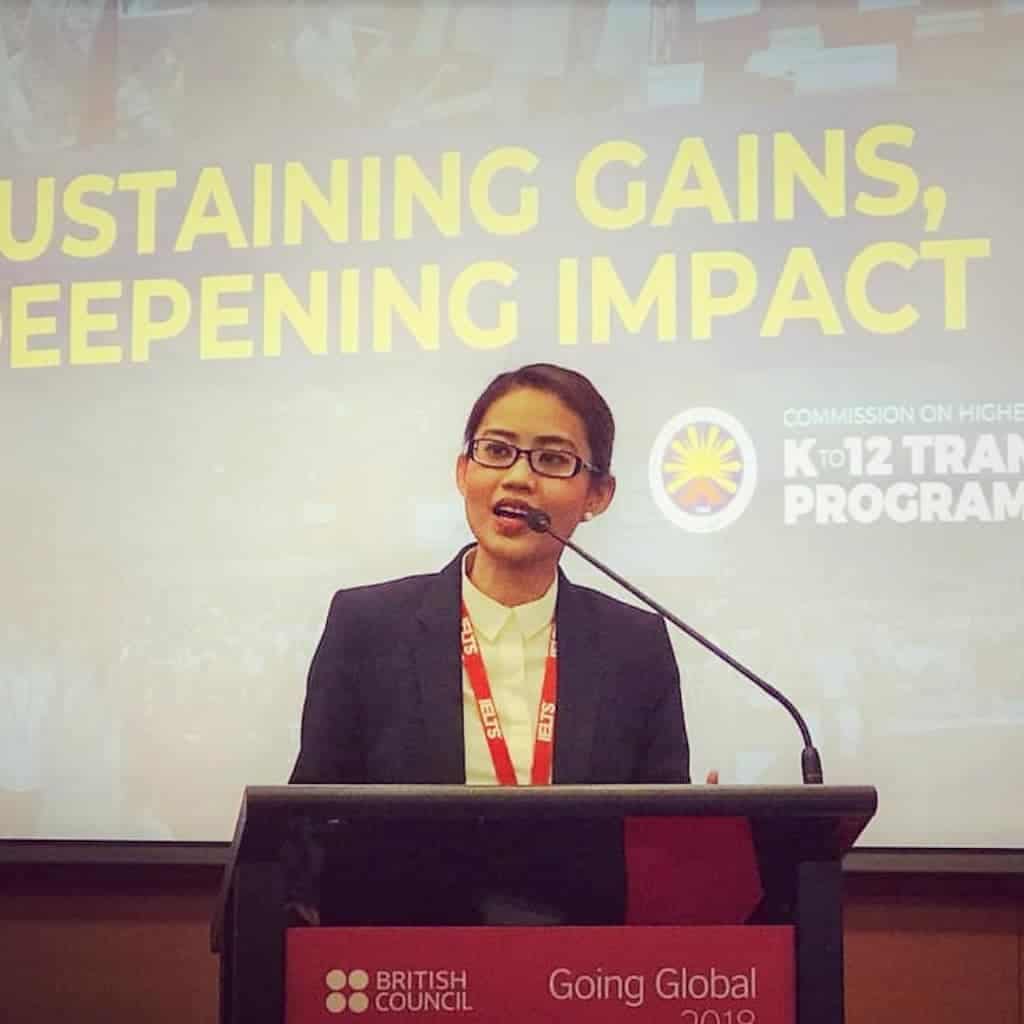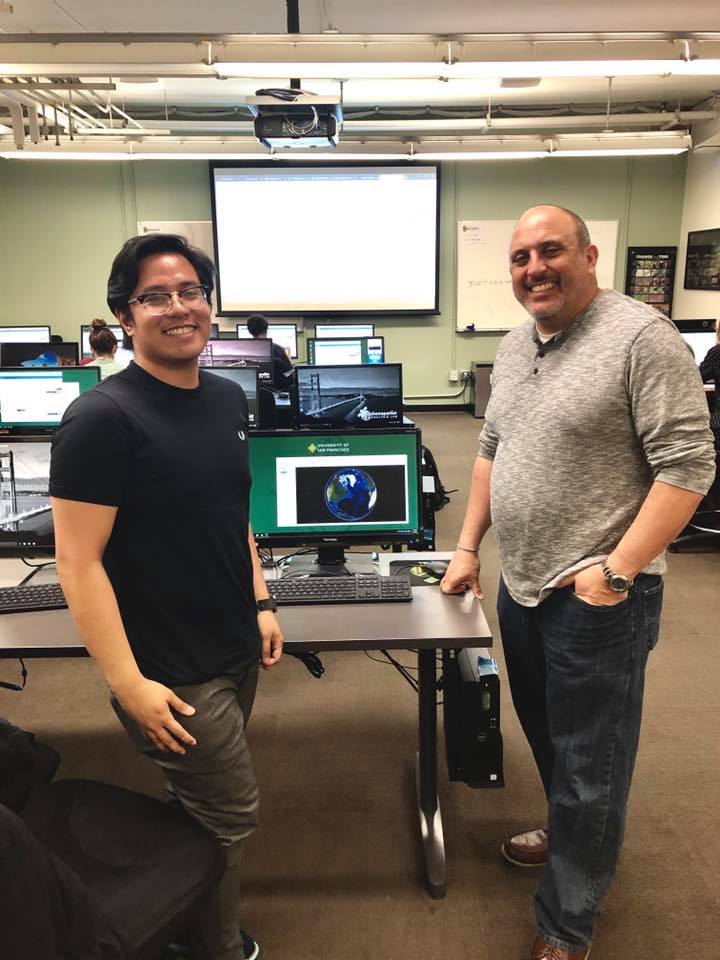Field
Location (during time of takeover)
School/Institution
Featured on May 14, 2021
Hi! I’m Cherry Madriaga, a PhD candidate at the National Graduate Institute for Policy Studies (GRIPS) in Tokyo.
What do you want to be when you grow up?
When that was asked back in high school, it didn’t enter my mind to say economist. But I was sure I wanted to study human behavior. I enrolled in the Social Sciences department of UP Baguio, choosing Economics as my major and Psychology as my minor with plans of pursuing further studies in the latter. That didn’t happen.
After graduation, I worked as a researcher in a bank. But still curious and craving to learn more about economics, I entered graduate school in UPSE.
And I failed. I finished all the course work and the research paper but I flunked the comprehensive exams. Twice.
Discouraged, I no longer wanted to be an economist. I was having a hard time grasping ideas I was uncomfortable with—homo economicus, fixation on GDP, etc. Even so, I did enjoy the analytical side of economics. In time, I found there were already fields in econ that do away with the rationality assumption and were looking at alternative measures of progress*.
While studying, I joined IDEA, where I did research on topics like bank secrecy, mining, youth development, and spatial development. I left a few years later to join PIDS, working on the analysis of port congestion, bottom-up-budgeting, and regulatory management of tuna fishing, etc. If someone asked me what my specialization was, I’d have replied none and gave this broad answer—policy research.
My constant thirst for learning pushed me to take further studies. I applied to the GRIPS Global Governance (GCube) program and received a 5-year scholarship. My proposal was on local governance and disaster, and econometrics and micro were inevitable aspects in my analysis. This time around, applying them was more purposeful to me and using economic concepts on a daily basis, especially with @usapangecon, became natural.
*my fave degrowth lit: Raworth’s Doughnut Economics (non-fiction) and Le Guin’s The Dispossessed(fiction)













